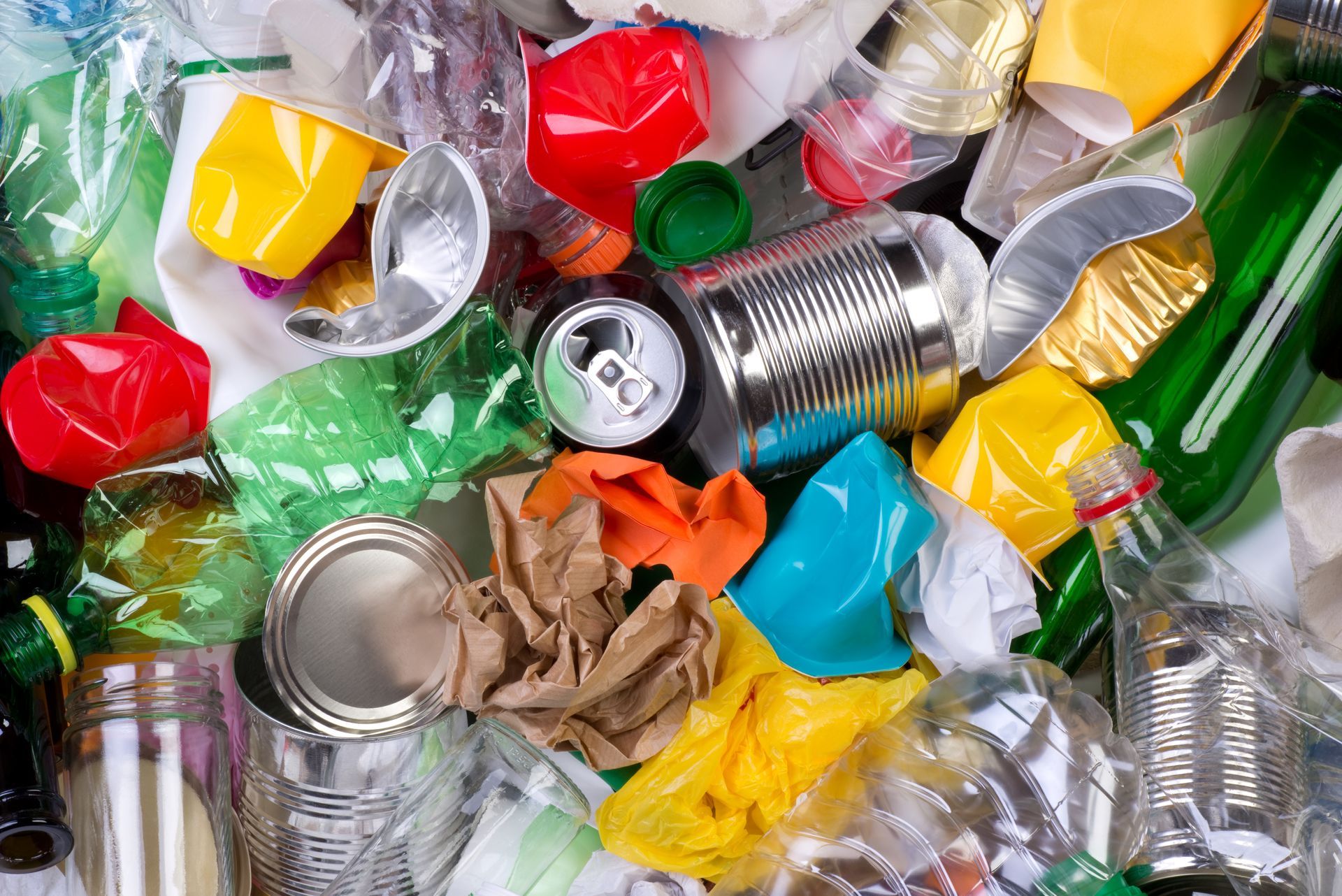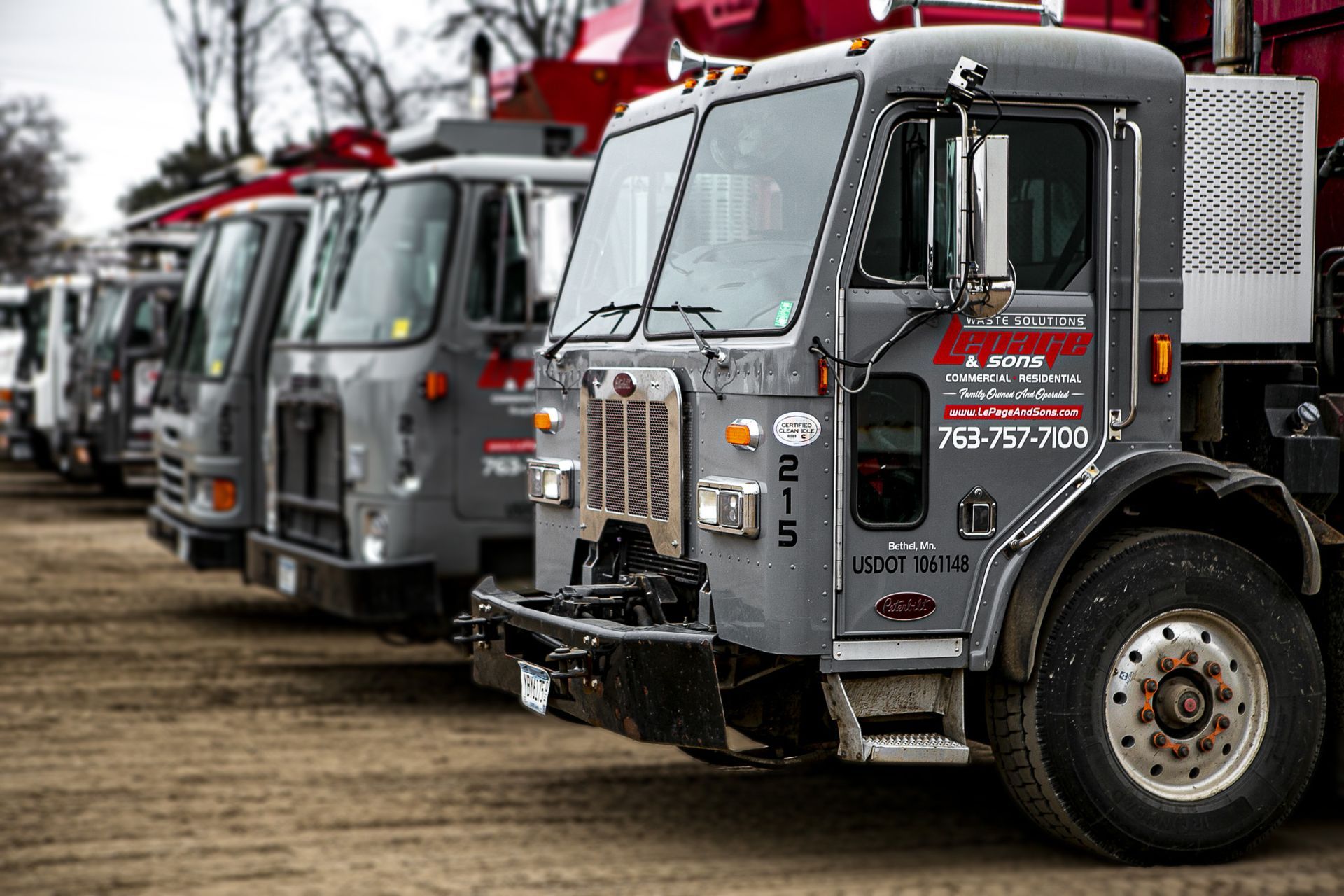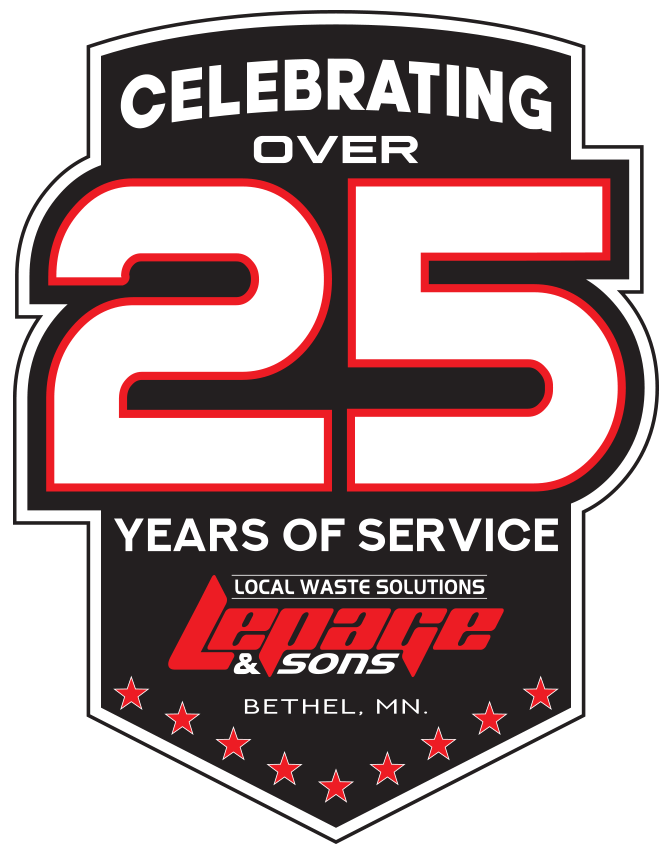The 3 R’s: Reduce, Reuse, Recycle
October 7, 2024
Jacqueline McGreevey
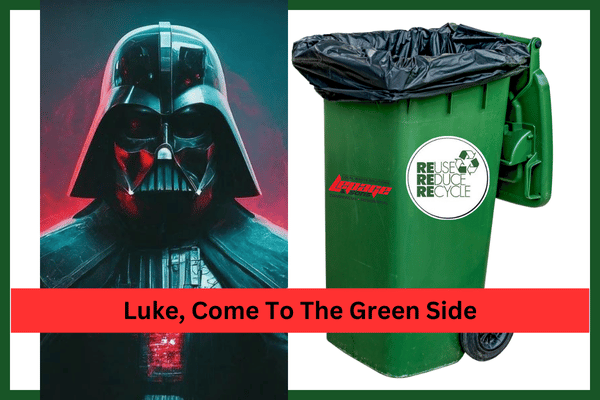
When it comes to waste management, the three R’s—Reduce, Reuse, and Recycle—are the cornerstones of responsible environmental stewardship. Both residential and commercial customers play a critical role in minimizing waste, conserving resources, and helping to create a more sustainable future. By understanding the importance of each of these categories and what items can or can’t be recycled, we can collectively reduce our environmental impact.
1. Reduce: Minimizing Waste at the Source
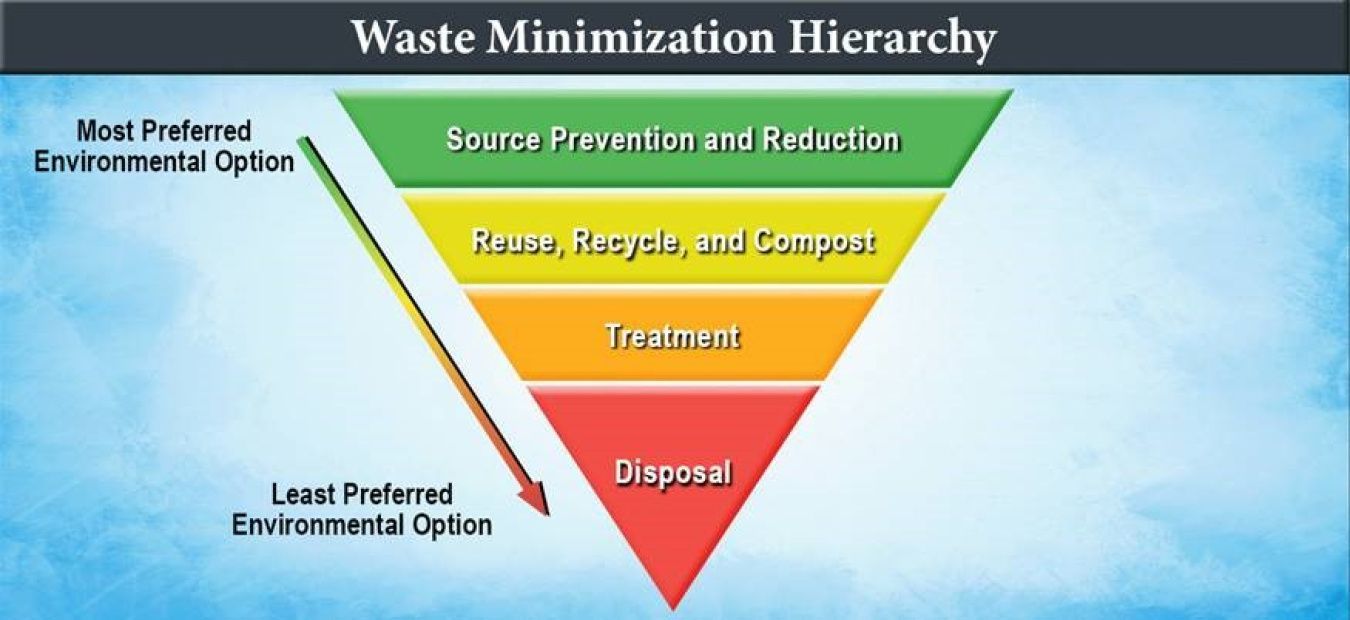
Reducing waste is the first and most impactful step in the 3 R’s framework. By minimizing the amount of waste we generate from the start, we not only save resources but also reduce the strain on recycling systems and landfills.
Here are some simple ways to reduce waste:
- Buy in bulk: Purchasing items in larger quantities reduces the amount of packaging waste that accumulates from single-use packaging.
- Opt for products with less packaging: Choose products with minimal or recyclable packaging whenever possible.
- Use digital alternatives: Reduce paper waste by opting for digital receipts, documents, and subscriptions.
- Avoid single-use products: Replace disposable items like plastic utensils and bags with reusable alternatives.
By reducing the amount of waste we generate, we are able to make the biggest impact on conserving resources and protecting the environment.
Learn more about how to reduce waste from the EPA.
2. Reuse: Extending the Life of Products
The second R, Reuse, encourages us to find ways to extend the life of products and materials, delaying their entry into the waste stream. Reusing items reduces the demand for new products and the resources required to produce them.
Here are some common examples of how to reuse everyday items:
- Donate or sell unwanted items: Instead of throwing away clothes, furniture, or electronics, consider donating them to local charities or selling them online.
- Repurpose materials: Get creative with DIY projects that turn old materials into something new. For example, glass jars can be used for storage or crafts, and old clothing can be repurposed into cleaning rags.
- Choose reusable products: Invest in reusable shopping bags, water bottles, and containers to reduce the need for disposable items.
- Repair instead of replace: When something breaks, explore repair options before discarding it. Many items can be fixed rather than replaced entirely, which reduces overall waste.
By reusing items, we can reduce the amount of waste we send to landfills and save both energy and resources used to create new products.
Explore more ideas for reusing materials on Earth911.
3. Recycle: Turning Waste into New Products
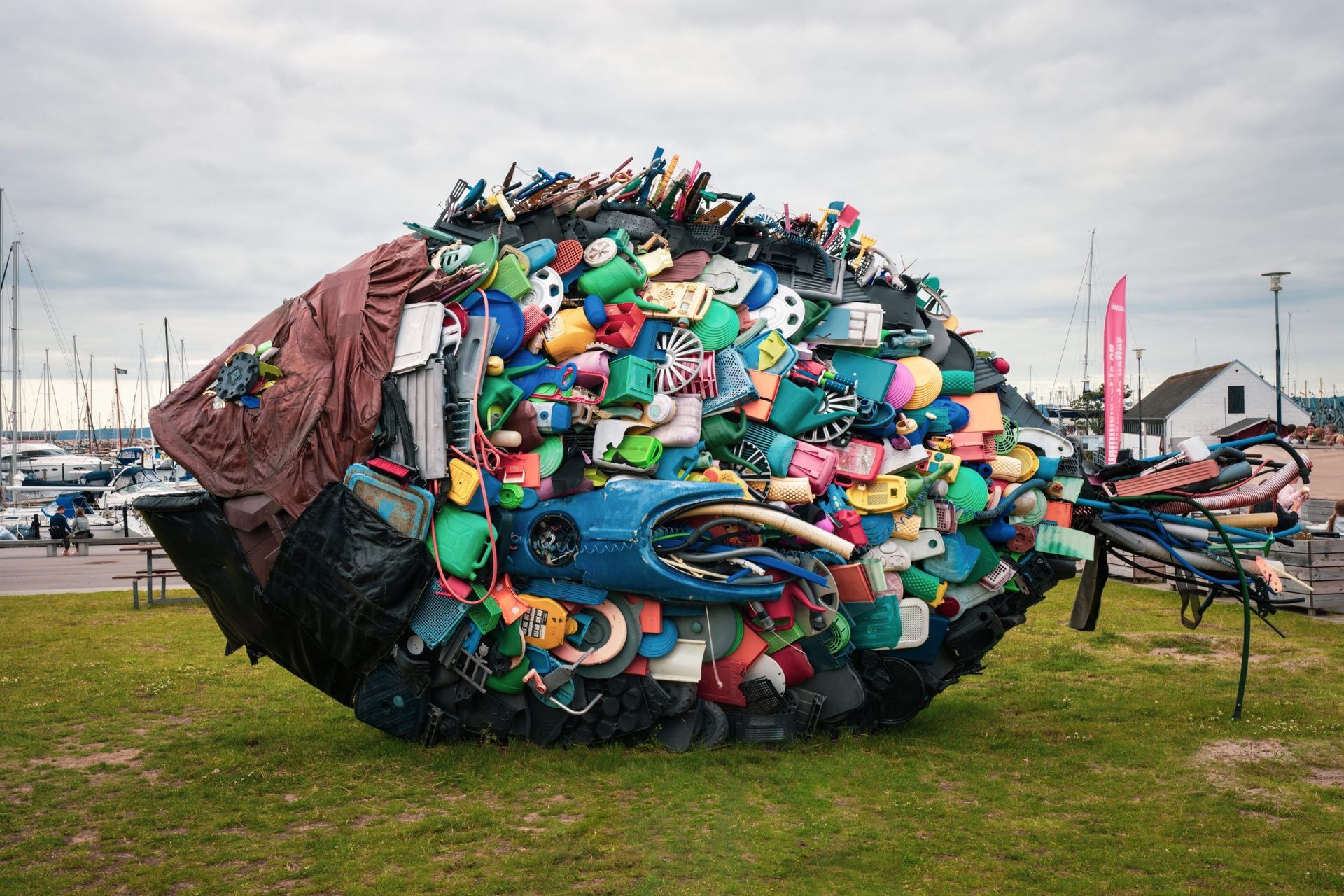
Recycling is the final R, and it’s one of the most well-known methods of waste management. Recycling involves converting waste materials into new products, which conserves resources, saves energy, and reduces the amount of waste sent to landfills.
However, it’s important to note that not everything can be recycled, and recycling processes vary depending on location. Here’s a breakdown of what can and can’t be recycled:
What Can Be Recycled:
- Paper and cardboard: Clean paper, cardboard, and paperboard are widely recyclable. Be sure to flatten boxes and remove any packing materials.
- Glass bottles and jars: Glass containers can typically be recycled, but ensure they are clean and free of contaminants like food residue.
- Plastics #1 and #2: Common household plastics such as soda bottles, milk jugs, and detergent bottles are often accepted for recycling. Check local recycling guidelines for acceptable plastics.
- Aluminum and steel cans: Metals like aluminum soda cans and steel food cans are valuable and easily recyclable.
What Can’t Be Recycled:
- Plastic bags and film: Most curbside recycling programs do not accept plastic bags. However, many grocery stores offer collection bins specifically for recycling plastic bags.
- Food-contaminated materials: Items like greasy pizza boxes or used paper plates cannot be recycled due to food residue.
- Styrofoam: Expanded polystyrene foam (commonly known as Styrofoam) is not accepted by most recycling facilities, though some specialty recycling programs may handle it.
- Electronics: Electronics require special e-waste recycling services to properly handle hazardous materials. Learn how to recycle electronics safely.
To ensure you’re recycling correctly, always check with your local recycling provider or municipality to verify what materials are accepted. Recycling the right items helps keep recycling streams clean and ensures materials are properly processed and reused.
Visit the EPA’s Recycling Basics for more information.
Embrace the 3 R’s for a Sustainable Future
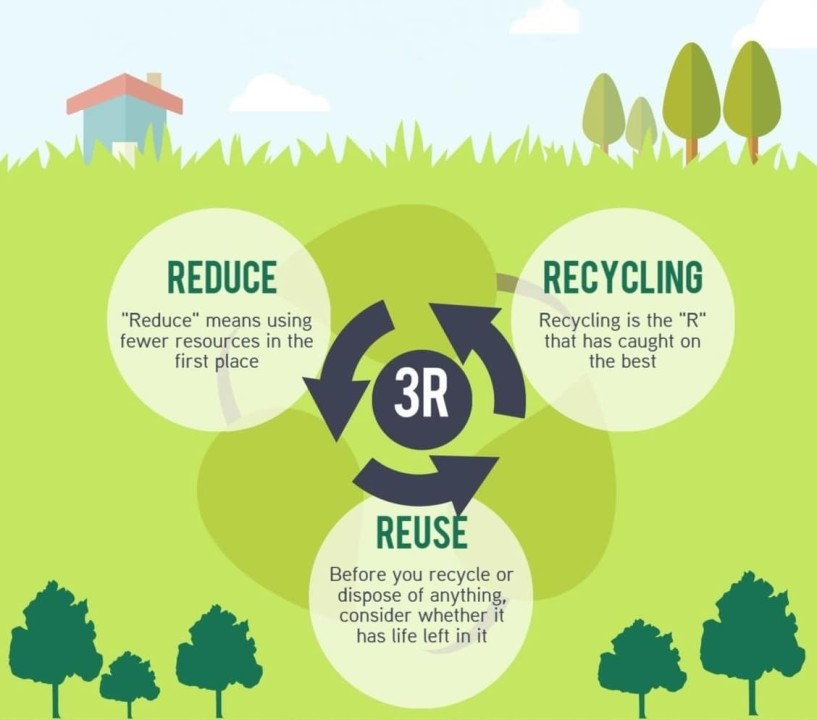
By embracing the 3 R’s—Reduce, Reuse, Recycle—you can significantly reduce your environmental footprint, conserve valuable resources, and contribute to a cleaner, more sustainable world. Whether you’re a homeowner looking to minimize waste or a business aiming for more sustainable practices, following these guidelines can make a meaningful impact.
At LePage & Sons Waste Management Services, we’re committed to helping our customers practice responsible waste management. By understanding the importance of reducing, reusing, and recycling, both residential and commercial customers can play a part in preserving our environment for future generations. Contact us today to learn more about our recycling and waste management services.
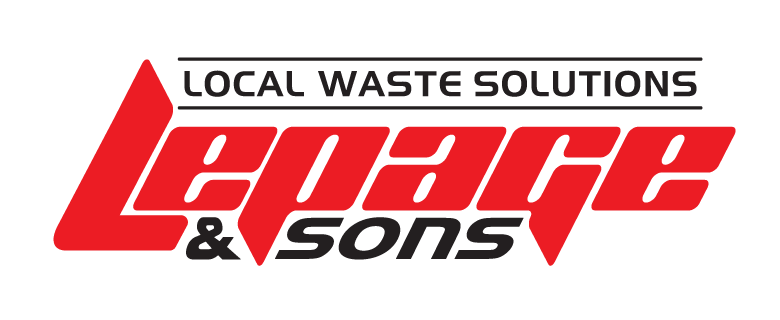
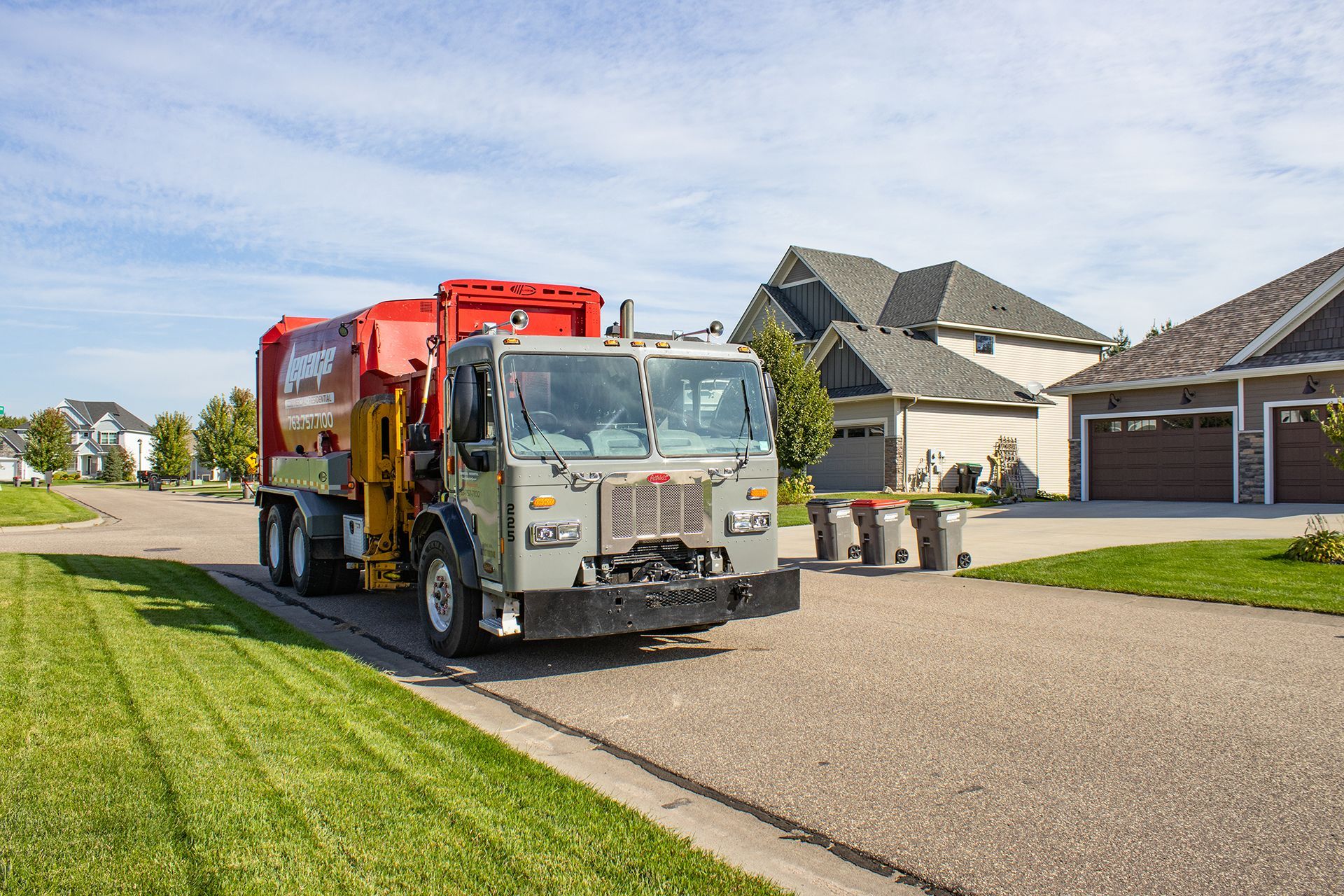

Share this article

